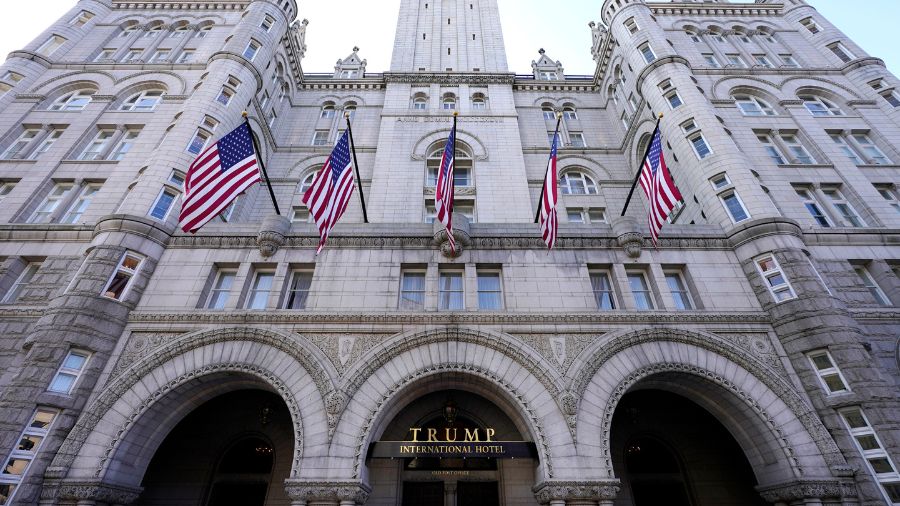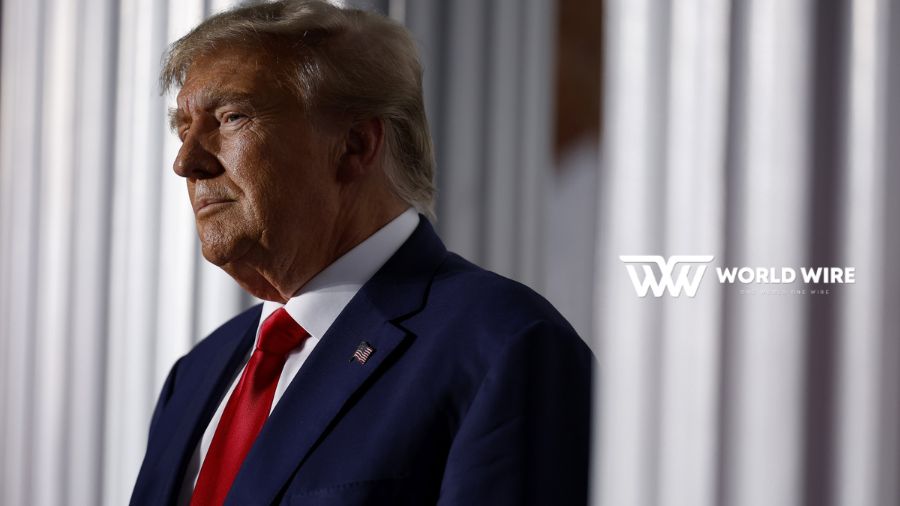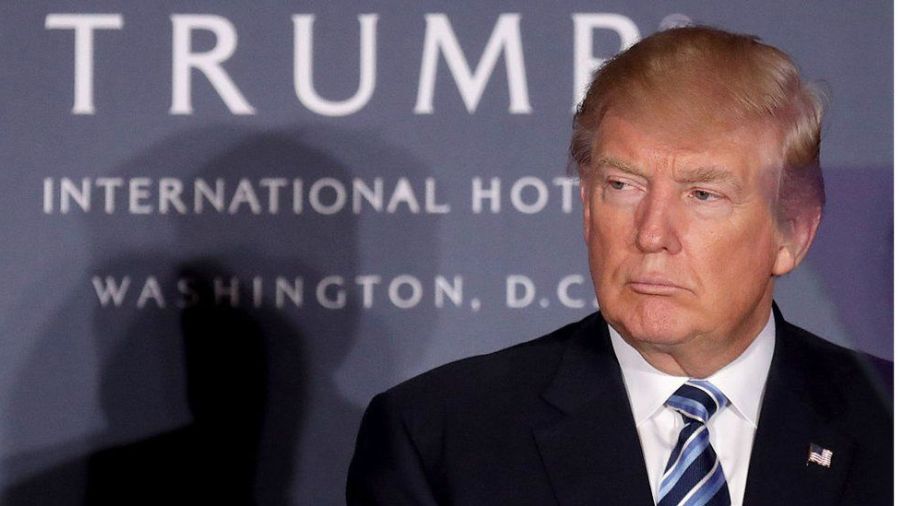On Monday, the United States Supreme Court dismissed a case concerning whether House Democrats can sue a government agency for records related to the Old Post Office building in Washington, D.C., which was turned into a hotel owned by former President Donald Trump.
Earlier, a lower court allowed some members of Congress to sue a federal agency for information related to the Washington DC hotel. But Monday’s ruling dropped the case.
The Trump hotel records dispute goes back to when members of the Democratic minority of the House Oversight Committee analyzed an agreement between the General Services Administration (GSA) and a Trump company that they felt raised a potential conflict of interest.

The premium hotel is presently run as a Waldorf Astoria property by CGI Merchant Group and its partner Hilton Worldwide Holdings after the Trump Organisation completed the transfer of the hotel lease to them last year.
After deciding to take the case of Carnahan vs. Maloney under consideration, the court issued an unsigned ruling dismissing the lawsuit and rejecting the Democratic-friendly judgement of the lower court.
After Trump departed office, the matter was taken over by the Biden administration. According to the report, when it was announced that the Supreme Court would hear the dispute between the Biden administration and Democratic lawmakers, the House members voluntarily withdrew their lawsuit.
The lower court’s decision was overturned and told to dismiss the lawsuit by the court on Monday. Justice Ketanji Brown Jackson, however, disapproved of the ruling and stated that she would have preferred to dismiss the matter by means other than the one prescribed. The court’s decision could have resulted from the legislators’ decision to drop the lawsuit.
The case raised several questions, including when members of Congress and not a full committee had the legal right to sue a government agency for documents under a specific federal law, Section 2954.

But the purpose of the case was to examine how the ‘Seven Member Rule,’ a piece of federal legislation, may be used by the minority party in Congress to examine a presidential administration. The law permits information from government organisations to be requested and received by oversight committees of seven or more members (less than a majority).
Despite the fact that the majority of the relevant records regarding the Trump hotel agreement had previously been provided, the case was anticipated to establish whether or not objections made by lawmakers in the minority may influence subsequent instances.
Steve Vladeck, the Supreme Court analyst and professor at the University of Texas School of Law, said, “The underlying issue of whether it is constitutional for a minority of members of a congressional committee to be able to demand executive branch documents is an important debate for the future of congressional oversight, especially when the same party controls the White House and Congress.”
He added,” That said, the specific issue, in this case, has become so thoroughly overtaken by events that it makes sense that the parties dropped the dispute to save its resolution for a case in which it matters.”
The Biden administration argued that implementing the lower court’s decision would undermine the independence of the executive branch.







Add Comment